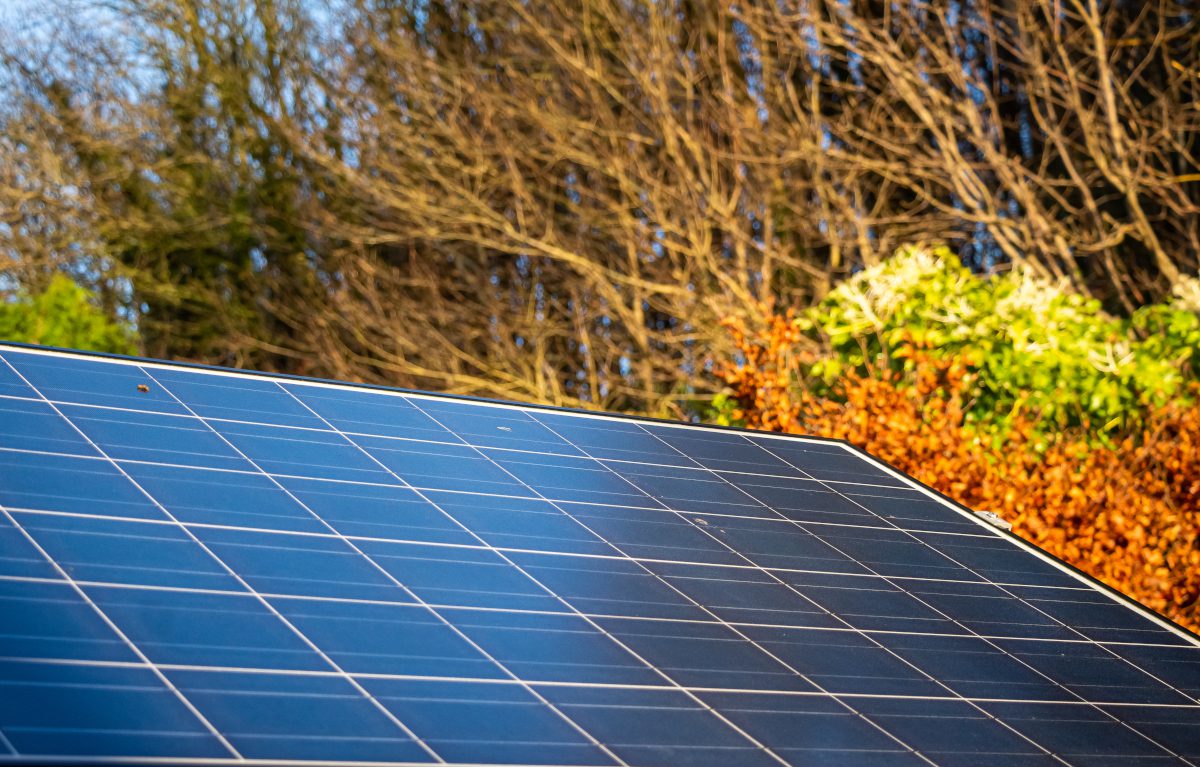
Scotland’s solar sector and the Scottish Government’s net-zero targets are at serious risk if solar is not reinstated to the Home Energy Scotland (HES) grant and loan scheme, according to warnings from trade groups in the construction and renewables sectors.
The Scottish Government recently opted to discontinue funding for solar photovoltaic (PV) and battery storage under the scheme, with the effect, as Scottish Renewables put it, of “undermining Scotland’s solar sector and removing any incentive for householders to invest in solar PV”.
Helen Melone, Head of Heat and Solar at Scottish Renewables, said:
“The HES grant and loan scheme has been popular with Scotland’s solar supply chain helping to deliver the extensive pipeline of projects it is currently working through.
“Domestic solar is hugely popular in Scotland and there is a long waiting list for installations. However, with no incentive for domestic rooftop solar, this work will inevitably dry up and leave these companies with uncertain futures.
“More than 60,000 households already have solar panels and we need more installed across the country on homes, businesses and public buildings to protect consumers from the high electricity prices the UK currently faces and to tackle climate change.
“It is therefore essential that limited public spending is invested where it can make the biggest impact on cutting carbon emissions.
“We urge the Scottish Government to reconsider its decision to remove domestic solar from its grant and loan scheme and instead increase investment to ensure all types of energy efficiency, clean heat, solar and energy storage systems are available to all households.”
Also commenting on the move, Alan Wilson, Chair of the Construction Industry Collective Voice (CICV), a coalition of 29 professional and trade bodies within the UK construction sector, said: “Solar PV and battery storage are not just about clean energy; they represent a commitment to long-term economic stability and environmental stewardship. Their exclusion from funding signals a worrying shift in policy that will undoubtedly discourage investment and innovation in Scotland’s renewable sector.
“A stable policy environment is essential for businesses to commit resources to developing, installing and maintaining low-carbon technologies. The current policy fluctuation risks stalling Scotland’s progress towards its environmental goals and shaking the confidence of market investors and the public alike.
“It will also significantly affect the training and skills development businesses within the renewable sector undertake. After numerous false starts with renewable technology funding, installers are increasingly wary of committing to training when support is so frequently withdrawn. Businesses need clarity and certainty to invest effectively, and this unpredictability severely hampers their ability to do so.
“This decision also directly and profoundly impacts Scottish households, especially those in more vulnerable economic positions. Without financial support, the initial cost of transitioning to renewable energy sources becomes prohibitive for many. This not only slows down individual progress towards energy independence but also widens the socioeconomic divide in access to clean technology. Ensuring all communities can participate and benefit from Scotland’s energy transition is crucial for its overall success and social equity.
“Moving forward, we must ensure continuity and consistency in our approach to realise our low-carbon ambitions fully. The abrupt end to funding these critical technologies could undermine the trust consumers and the marketplace has in all the nation’s low-carbon transition strategies. As always, we advocate dialogue to find a way forward rather than undermining Scotland’s sustainable future.”
The Scottish Government has an ambition to increase solar deployment from 0.5GW of capacity to between 4GW-6GW by 2030. To help achieve these targets, Scottish Renewableshas urged the Scottish Government to:
- Increase funding available in the HES grant and loan scheme by £20 million – reinstating solar PV and energy storage systems.
- Continue to expand the size and scale of interest free loan and grant programmes for energy efficiency measures, including solar energy, and heat pump installations, particularly for smaller properties, rural and island fuel-poor households.







